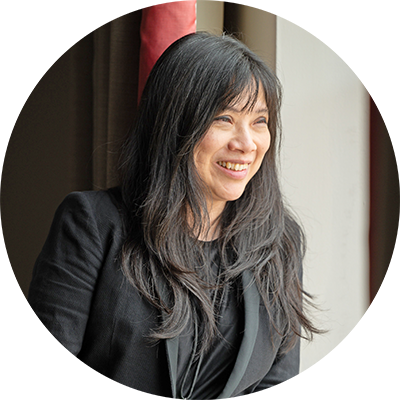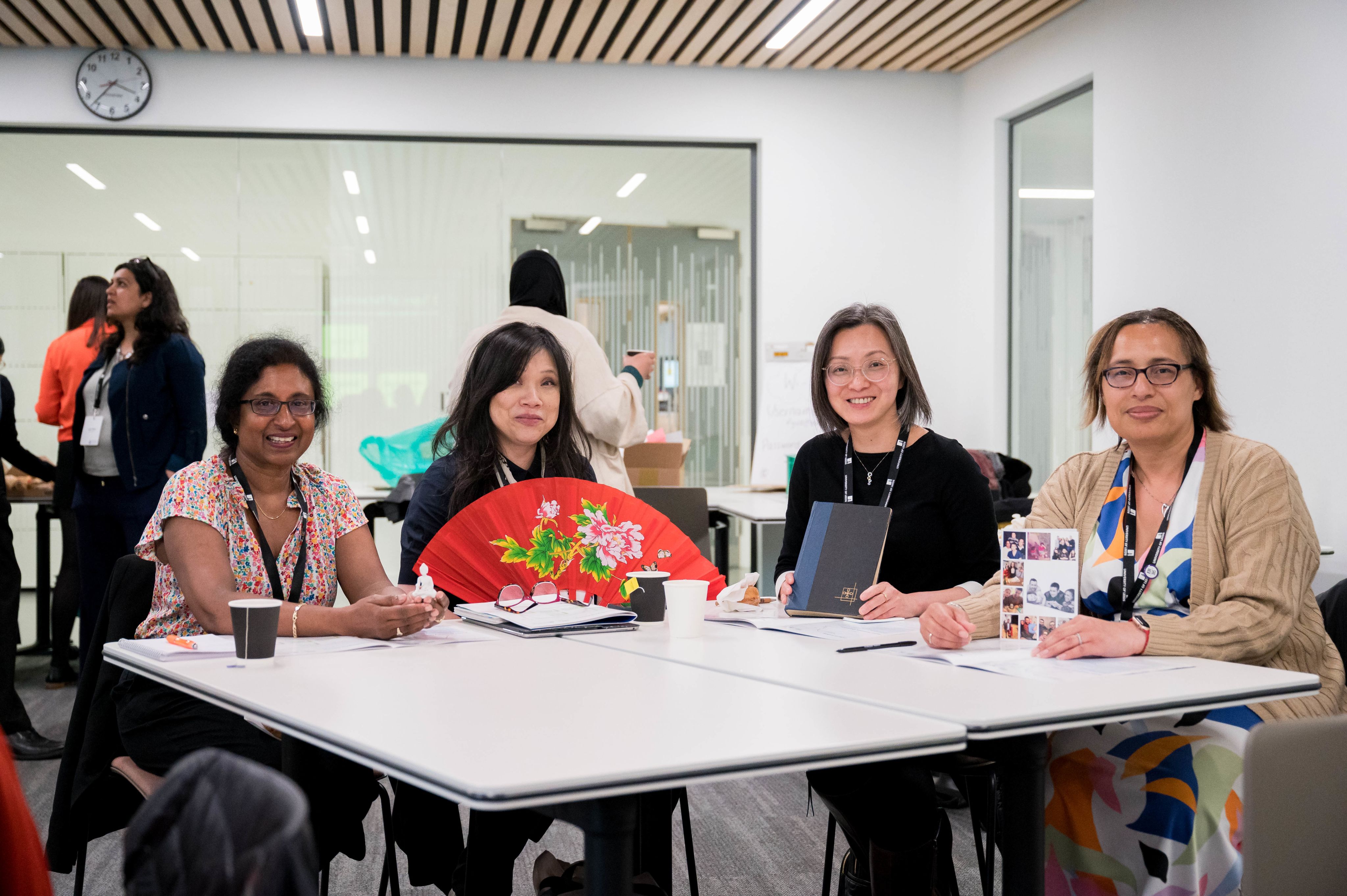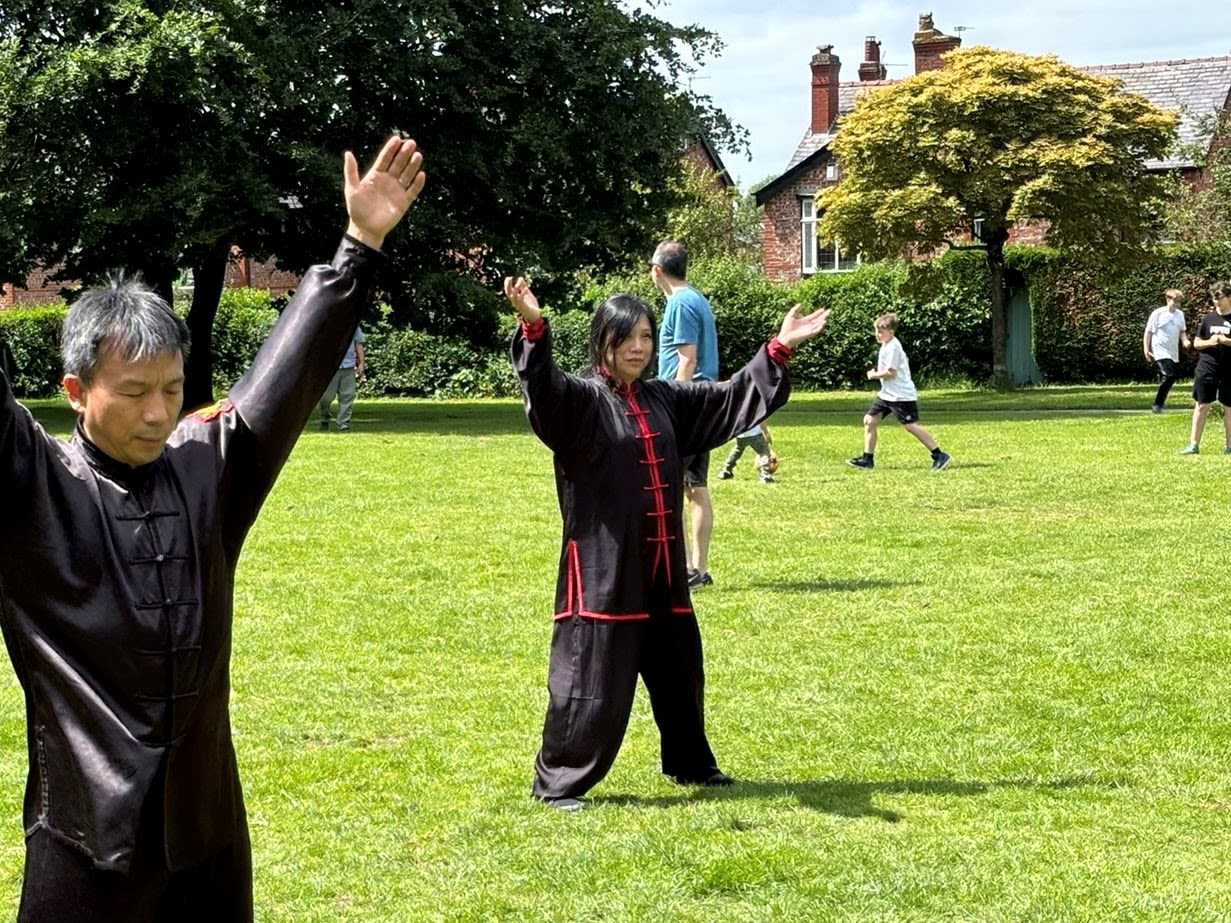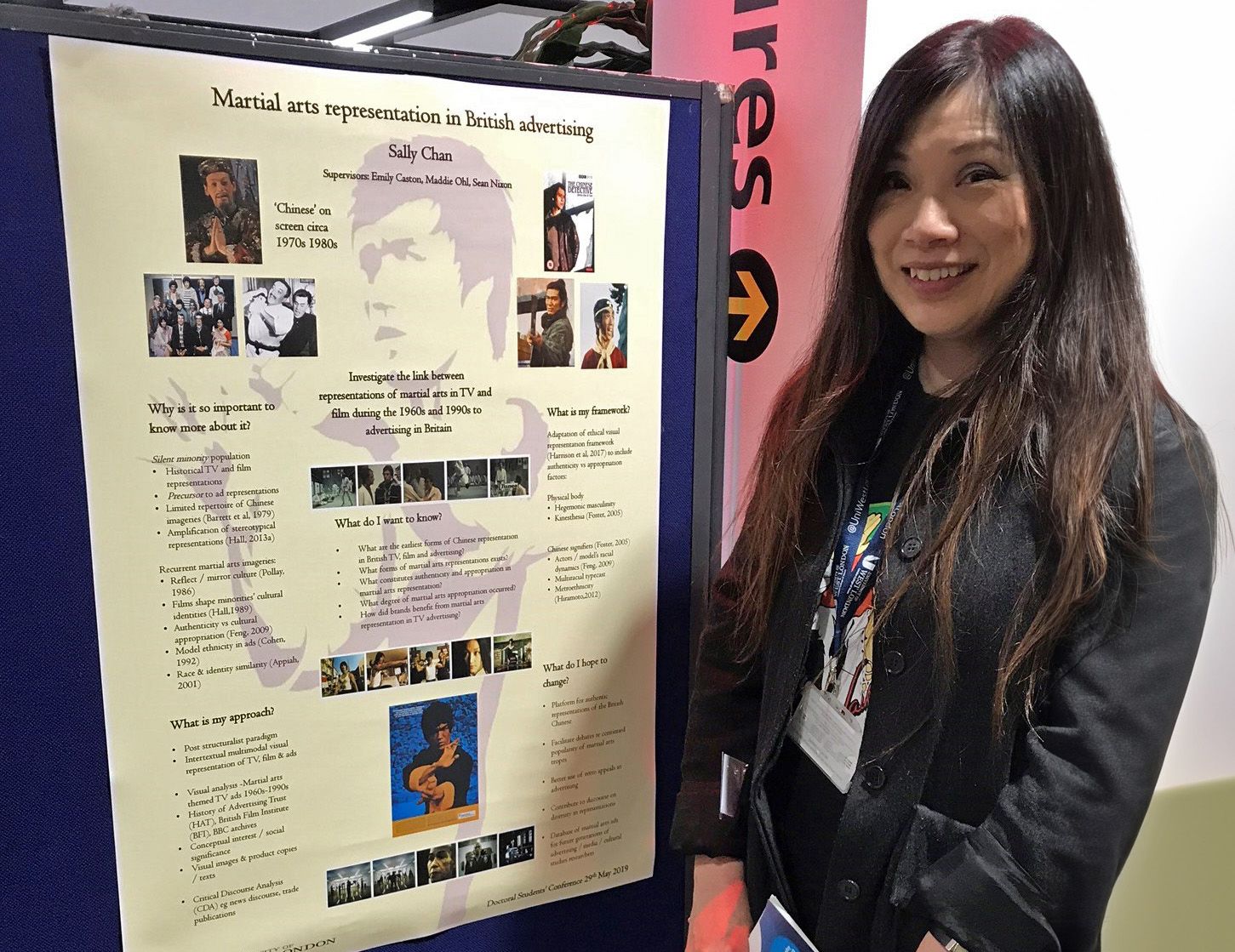Equity in Leadership
Trust, authenticity and autonomy

Dr Sally Chan
Dr Sally Chan
Background
I come from a rich cultural heritage as a second-generation British-born Chinese. My parents emigrated from Hong Kong in the 1950s, seeking better opportunities in Britain.
My father served in the British Army, a role that instilled in him strong values of discipline and self-sufficiency — traits he passed down to me. He started out as a kitchen helper and eventually opened Cardiff’s first Chinese restaurant, which was no small feat back then. My mother, on the other hand, never had the chance to read or write, but she had a vibrant personality — if she didn’t like you, she made sure you knew it!
Their story has been a huge influence on me, shaping both my personal and professional outlook. My father’s military background made him a formidable figure, and I took up martial arts to impress him, performing demonstrations in our back garden! He always pushed us to be self-reliant, and to this day, I strive never to be indebted to anyone, whether personally or professionally.
Finding my way in academia
Coming from an entrepreneurial family, the idea of taking over our family’s catering business did cross my mind. But, following my brother’s advice, I ended up pursuing Business and Management degree at university, which eventually led to an MBA. From there, my academic journey truly began.
My first teaching post was at Plymouth Business School, where I had the opportunity to teach marketing to undergraduate students. That experience was transformative, and I quickly developed a passion for teaching.
“I found a way to blend my business acumen and entrepreneurial interests with academia.”
From Plymouth, I moved to Leeds Business School, and later to Manchester Metropolitan University, where I was responsible for the advertising and brand management degree. I still remember some of the students I inducted to this day. Teaching marketing communications became my area of expertise, and I found a way to blend my business acumen and entrepreneurial interests with academia.
The opportunity to engage students with real-world projects involving local businesses became my forte, and I loved every minute of it. Eventually, I was headhunted by The University of Leeds to help develop their new advertising programme to Masters students, which was a huge milestone in my career.
Challenges along the way
My academic career has not been without its challenges, both professionally and personally. One of the most jarring moments came early on when a colleague referred to me with a racial slur in front of everyone, on graduation day. This was a deliberate attempt to belittle me, and it was a stark reminder of the racism that existed in professional spaces in the 1990s.
“I knew something had to change when I found myself being passed over for promotion despite my extensive experience.”
I’ve also faced challenges related to being a mother balancing childcare with a full-time career. At one point, a male colleague made a dismissive comment about me not being on campus every day, simply because I was juggling the school run and commuting from Manchester.
Sally shares her cultural element at the Equity workshop - a tai chi fan.
Sally shares her cultural element at the Equity workshop - a tai chi fan.
Never one to do things by half, I also started a PhD part-time that combined my interest in martial arts with my expertise in advertising. It is one of the most difficult things to accomplish for me professionally, but I felt compelled to educate others on how racialised constructions in ads have contributed to discourse around minoritised communities.
More recently, I knew something had to change when I found myself being passed over for promotion despite my extensive experience and networks in the creative industry. It wasn’t until I started working for the wider university on sustainability projects that I was able to find my voice and enhance my reputation for using creativity to engage and inspire students and staff alike.
Equity in Leadership programme experience
Recently, I had the opportunity to join the Equity in Leadership (EiL) programme after being unsuccessful in applying for a leadership role at my university. This programme has been a revelation for me. I discovered so much about myself, especially through tools like the TetraMap, which helped me understand my own personality traits. The coaching sessions were invaluable, offering me the space to reflect and be heard in ways I hadn’t experienced before.
“It gave me the confidence to blend my personal passions with my professional work...”
Through the programme, I learned to challenge others when issues around equity, diversity, and inclusion were overlooked. It gave me the confidence to blend my personal passions with my professional work, even delivering Taiji sessions — a wonderful way to incorporate my love for martial arts into the academic environment.
Taiji / Tai chi demonstration in the park.
Taiji / Tai chi demonstration in the park.
Looking ahead: Promotion and beyond
The Equity in Leadership programme has inspired me to take that next step, and I’ll soon be applying for a long-overdue promotion to Grade 9. The support network I’ve gained from this experience has given me the confidence to pursue leadership in a way I never thought possible. I now understand that being a leader is multifaceted.
I also have ambitious plans for the future. I want to develop further projects in carbon literacy for the faculty, and long term, I aim to integrate my passion for martial arts into my career, wherever that may lead me.
Advice
To anyone from a global majority background who aspires to leadership, my advice is simple: seek feedback, embrace your cultural influences, and don’t be afraid to bring your unique perspective to the table. It’s easy to feel like you don’t belong in certain spaces, but it’s crucial to keep pushing forward, even when faced with adversity. Make time for reflection, seek out mentors, and never hesitate to speak up.
Sally with her PhD poster display.
Sally with her PhD poster display.
I am delighted to say that I was able to submit my PhD within the registration period, thanks to my supervisors who have supported me throughout. Anything is possible if you set your mind to it, and having a very understanding family certainly helps too.
Finally, networking has been a key part of my journey, and although it may feel daunting at times, it’s essential. As a bona fide networker, you never know where the next conversation will take you!
Further information
About the author
Email Sally Chan at S.S.Y.Chan@leeds.ac.uk
A note on terminology
The University recognises the importance of racial and ethnic terminology and understands that individuals use different terms to identify and represent themselves.
In keeping with the commitment to co-creation for this programme, the Equity in Leadership Programme team asked all participants to vote on the term that they felt best represented them. The term “global majorities” received the most votes, as it provides a more positive perspective compared to the othering narrative of “minority groups”.
The University of Leeds Equality and Inclusion Unit (EIU) is developing a race and ethnicity terminology resource, which will be published soon. Additionally, the EIU will be leading work within the University through staff and student consultation to develop a shared terminology.





